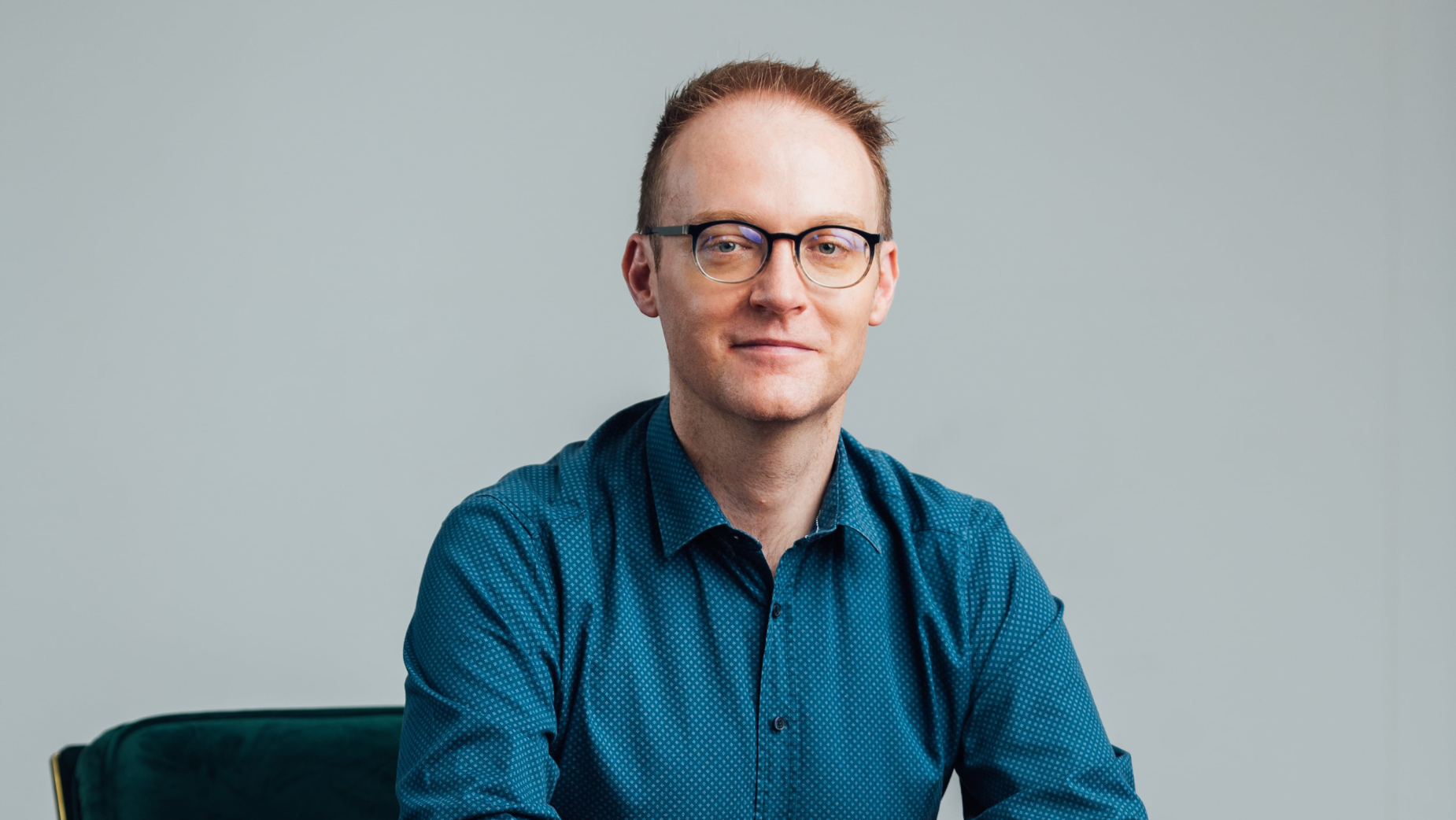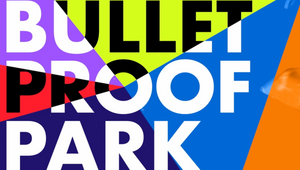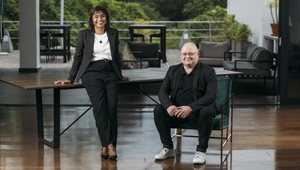
What Cannes Lions Winners Know That Most PR Firms Don’t

Every day, it feels like I’m drowning in content. I leave my phone for an hour, and there are 47 notifications, 12 newsletters, and somehow TikTok knows that I looked up the cost of hair transplants last night. For those of us in PR, this presents a singular creative challenge: unlike traditional advertising, we can't just buy our way to being broadcast. Changing minds requires more than clever copy, and it's getting exponentially harder to stand out.
The New Rules of Earned Media
This year's Cannes Lions PR winners understood something fundamental. FCB India didn't create another PSA about fare evasion; they turned train tickets into lottery tickets. Virgin Media O2 didn't just publish a whitepaper on the dangers of phone scams; they created Daisy, an AI grandmother designed to waste scammers' time. These weren't campaigns; they were cultural interventions that people actually talked about.
The uncomfortable truth is that if you're constantly telling clients to pay for visibility, you have a creative problem. Creativity isn't a nice-to-have, and it’s not about winning as many awards as possible (I hate making everything about awards). It’s about survival, because without it, we’re just another email in someone’s unread list.
The Race to the Bottom
Last week, a colleague asked why I couldn’t just 'ChatGPT some ideas and get it out quicker.' This is where we are now. According to Provoke Media, 36% of creative work is already AI-supported, yet 81% of professionals admit they don't know how to use it effectively. The result? Agencies are replacing creative teams with ChatGPT and Midjourney (often without adjusting fees) and automating mediocrity instead of augmenting brilliance. AI promised to liberate us so we could do higher-order thinking. Instead it's accelerating the very content saturation that makes breakthrough work impossible, and early research suggests it’s dumbing us down.
Breaking Down the Silos
At Razor, we’ve really tried to stop making strategy and creative rivals. Strategists obsess about being ‘right’ with frameworks and data stacks, and creatives obsess about being ‘different’ with ideas that don’t always connect to reality. Meanwhile, the work suffers. Too often, by the time a solution reaches the client, we’ve forgotten what we were trying to solve. The best work I've ever been part of happened when we locked everyone in a room – data nerds, writers, designers, account leads – and didn't let them out until we had something amazing.
Why PR Creativity is Different
If advertising augments existing brand affinity, PR’s job is to shift entrenched attitudes and behaviours. We're not decorating beliefs, we're dismantling and rebuilding them, which feels a lot harder. People are irrational, tribal, and often cognitively lazy. They'll die on hills they've never climbed and defend opinions they’ve never self-reflected on. That’s why our ideas can't be precious or fragile. They need to survive in what Cannes PR jury president Tom Beckman perfectly called 'the jungle, not the zoo.' Maybe that's why only ONE dedicated PR agency took home Gold at Cannes. Our ideas need teeth.
The Path Forward
I don’t have all the answers. But I know that when our best idea is ‘let's do a survey’, we've already lost.
Here’s what we’re trying:
- Actual collaboration: Where no one cares who gets the credit, as long as the work is exciting and really solves a client’s business challenge.
- Measurement that really matters: I don’t want to just celebrate ‘impressions’ and ‘earned media value’. I want to know if we've successfully changed a client’s business by increasing their sales and shifting sentiment about them. Even better, I want to know we’ve improved entire categories and industries. These are the numbers that matter, and they justify doing something interesting instead of safe and sterile.
- Embracing risk: Every creative says they want to do breakthrough work. Every client says they want to stand out. But when push comes to shove, we all retreat to the same playbook. Safe doesn't earn attention. Safe doesn't change minds. Safe is death by a thousand content pieces.
The Creative Imperative
Our competition isn't with ad agencies fighting over who can craft the prettiest campaign. We're competing for something far more valuable: the ability to shift perspectives in a world where most people shout and few listen. We need a creative approach that thrives in chaos, earns attention through utility, and delivers measurable impact on business and society. It's creativity with a spine.
The agencies that thrive won't be the fastest or cheapest. They'll be the ones who recognise that in a content cyclone, the only sustainable advantage is being genuinely worth the attention we seek to earn.
This has always been PR's superpower. The question is whether we're brave enough to reclaim it before it's too late. Because in a world of infinite noise, earned attention isn't just our differentiation, it's our whole reason for existing. And if we can’t earn it for ourselves, what are we even selling?













